Mr. Shpall: Our Next Head of School
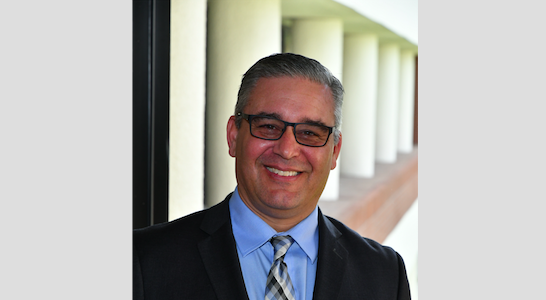
May 17, 2017
In the spring of 2016, Dr. Powell, our founder and Head of School, announced he would be leaving after the 2017-2018 school year.
From the moment of his announcement until March 3, 2017, the school was on a national search for a new head. Our very own Mr. Shpall, current dean of students, was chosen for the position after a long interview process.
From July 1, 2017-2018, Mr. Shpall will be working and learning directly with Dr. Powell to ensure a smooth transition. He will continue to work in the classroom, as he believes “it is very important to stay current with teaching but also with the vibes of the students.”
Mr. Shpall has been working at de Toledo from the beginning.
He left his law practice thinking he was “going to put on khakis, put on his Hawaiian shirt, and teach five classes of history and be in the classroom until the day [he] retired.” It was never his aspiration to be the Dean of Students, let alone the Head of School.
However, when hearing that Dr. Powell was planning for the day he was to step down, Mr. Shpall began thinking about who should take over. He “wasn’t sure if it was going to be [him],” but knew it should be “someone who loves this school and, more importantly, loves the culture of our school and the amazing personality of the school we have built and would want to protect it.”
The school’s administration is under pressure to preserve the school’s culture of being an open community, full of circles of friends and A+ human beings, the very foundations Dr. Powell set for our school, while also being competitive, academically and athletically, with other high schools and colleges.
Mr. Shpall thinks we can do both, “filling students’ souls, and their minds, at the same time.” He plans to not only make sure that we are doing a better job at continuing the balance but also letting others know that it is possible and we can do it.
He stresses that students “can be happy and still be challenged.”
“I think one of the more powerful moments of every day is when [students] are in the lobby, at the beginning of the day, and [kids] are coming in and hugging each other like they haven’t seen each other for months at a time because they love being here. Seeing the smiles on kids’ faces, that’s not usual. I think we forget how unusual [this is].”
When asked if he has a “100 day plan.” Mr. Shpall says he doesn’t want to make changes or do anything drastically.
“It is almost more important for me not to make any changes just for the sake of saying I made this big change,” he said, recognizing that taking over the position is a big enough change in itself.
Thankfully, “unlike most other people who take over head of school jobs, I am so fortunate that this is probably the best situated community day school in the nation.”
Some students are concerned that their Jewish classes have been sacrificed to make room for secular classes, or that their secular classes have been sacrificed for Jewish classes. Mr. Shpall is not surprised by this, as it has been a controversy for a long time. In order to accommodate the concerns of some students, he mentioned that the number of required Jewish Civilization classes was actually reduced last year to a two and a half year requirement for all four years.
“Where is the right balance? I don’t have a perfect answer, but I think it’s a great conversation to continually have.”
de Toledo has grown tremendously from when Mr. Shpall began with the pioneering students in 2002. The biggest growth has been in the size of the student body. Recruitment is important in maintaining the culture of the school – prospective students need to be excited about attending dTHS. And they are.
“About 80%-85% of the student who come and tour end up signing up,” Mr. Shpall shared.
Of course, the size of the school affects our culture and traditions. Right around 400 is a really good number, Mr. Shpall explained.
“Getting much larger will not really be a benefit to us.” Our current size allows for variety in classes, but deans can also know everyone’s name. As a teacher and a dean, Mr. Shpall has learned that if every student has one teacher that they do not want to disappoint, they will be able to work to their highest potential.
However, nothing, including our beloved school, is perfect.
Throughout the interview process, Mr. Shpall shared his hopes of making the athletic programs more “robust.” He hopes to “have a real athletics facility with our jaguar logo in the middle of the soccer field and a baseball field.”
Mr. Shpall also mentioned improving the reputation of the Jewish side of the school and, specifically, Jewish courses. For prospective students, it should be clear that “these are not just add-on classes… These classes are to teach students very important analytical skills.” He points out that indeed we are learning 21st Century skills. Being in a hevruta, for example, teaches how to work equally alongside someone. Learning how to debate, be analytical, and be progressive are all skills needed to succeed.
Mr. Shpall “wants to see this school continue to be viewed as the best Jewish school in America,” and is excited for us to “continue to work on our academics and our culture, so that we become a model for what a high school experience can be.”
Dr. Powell, the founding head of school, is sad to leave but is excited to see how the school will continue to thrive and grow. He knows that he will stay busy, as he is one who “gets bored easily and will keep [his] hands full.”
Dr. Powell plans to continue coaching school leaders around the country.
“It’s a lot of fun and it still allows me to contribute to the field of Jewish education. I will hopefully continue to teach at the AJU, maybe finish a book I am working on, and drive carpool for the grandkids, and then, if I don’t get lazy, really try to put together this semester-at-Brandeis program.” (He is trying to head start a program in which students can spend a semester at Brandeis Bardin following a project based curriculum.)
Dr. Powell started dTHS with the vision that it would be an all-inclusive environment in which any student could thrive. He is proud to see that the school has grown more than he ever thought it would. In the future, he is planning on doing some “sim-soom,” stepping back to let what he created grow on its own.
“I need to get out of the way and let things grow, the same way as a parent does with adult children.”

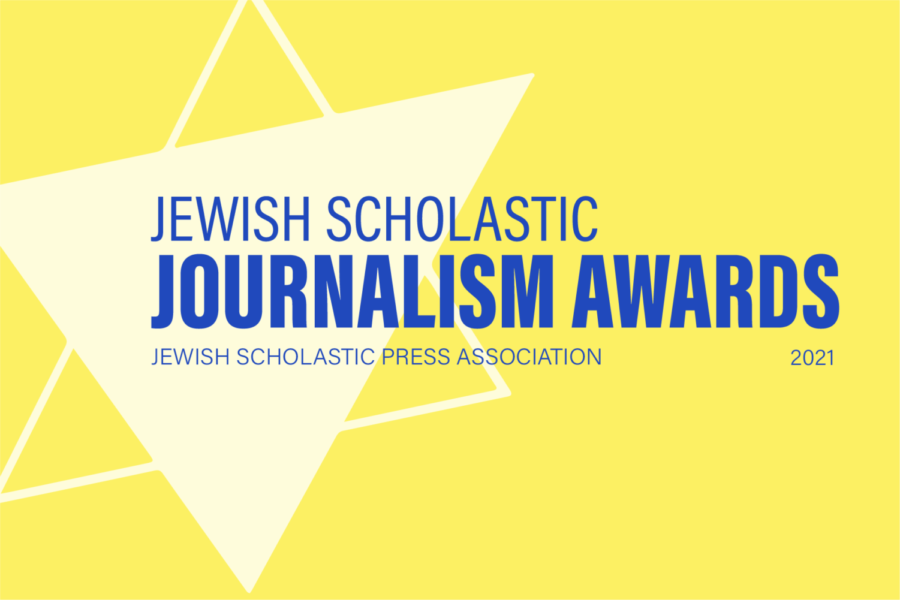
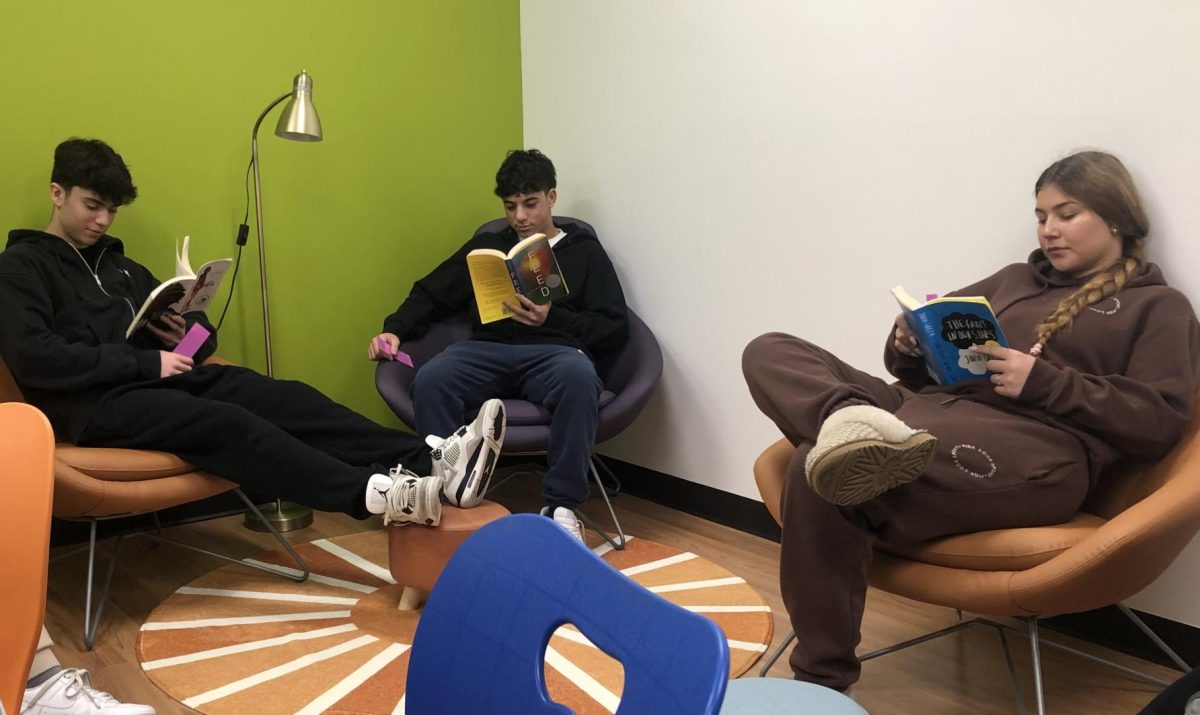

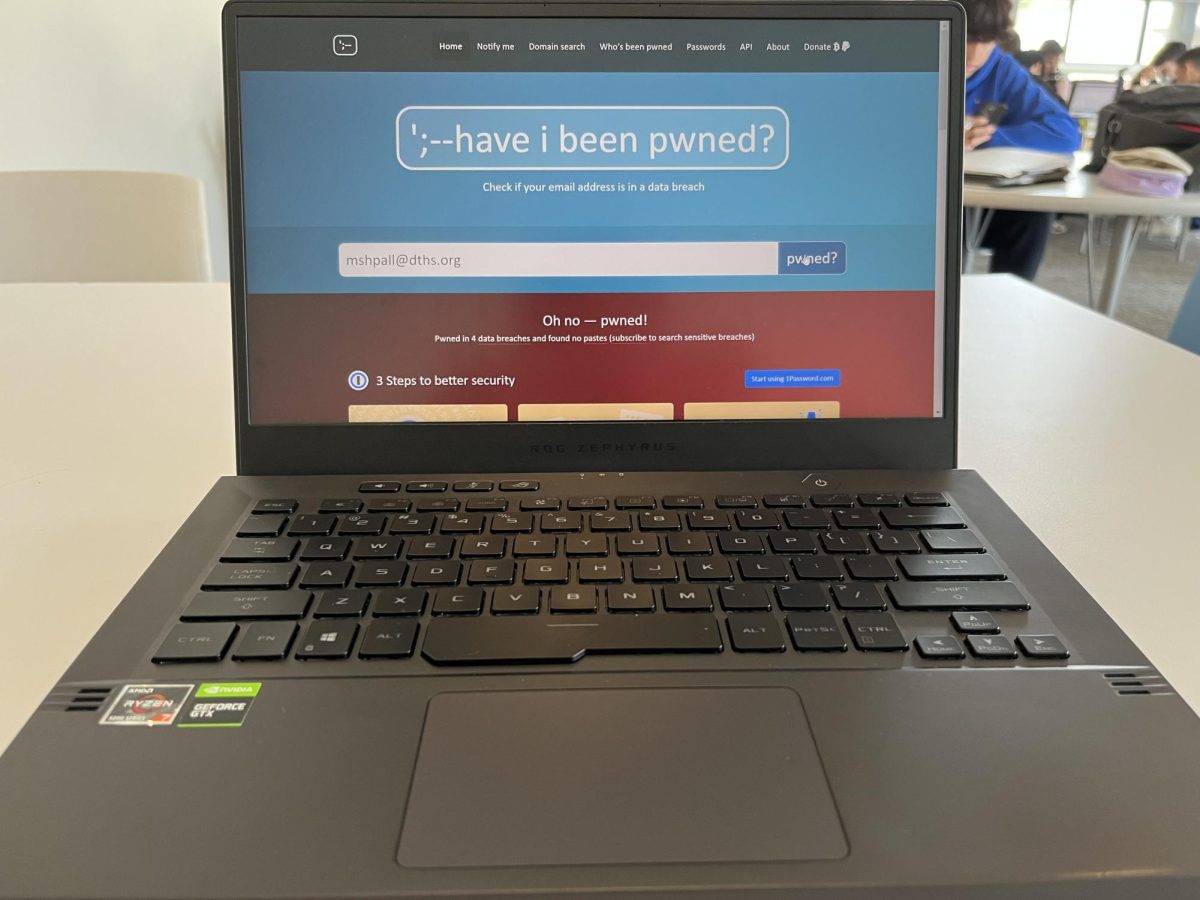


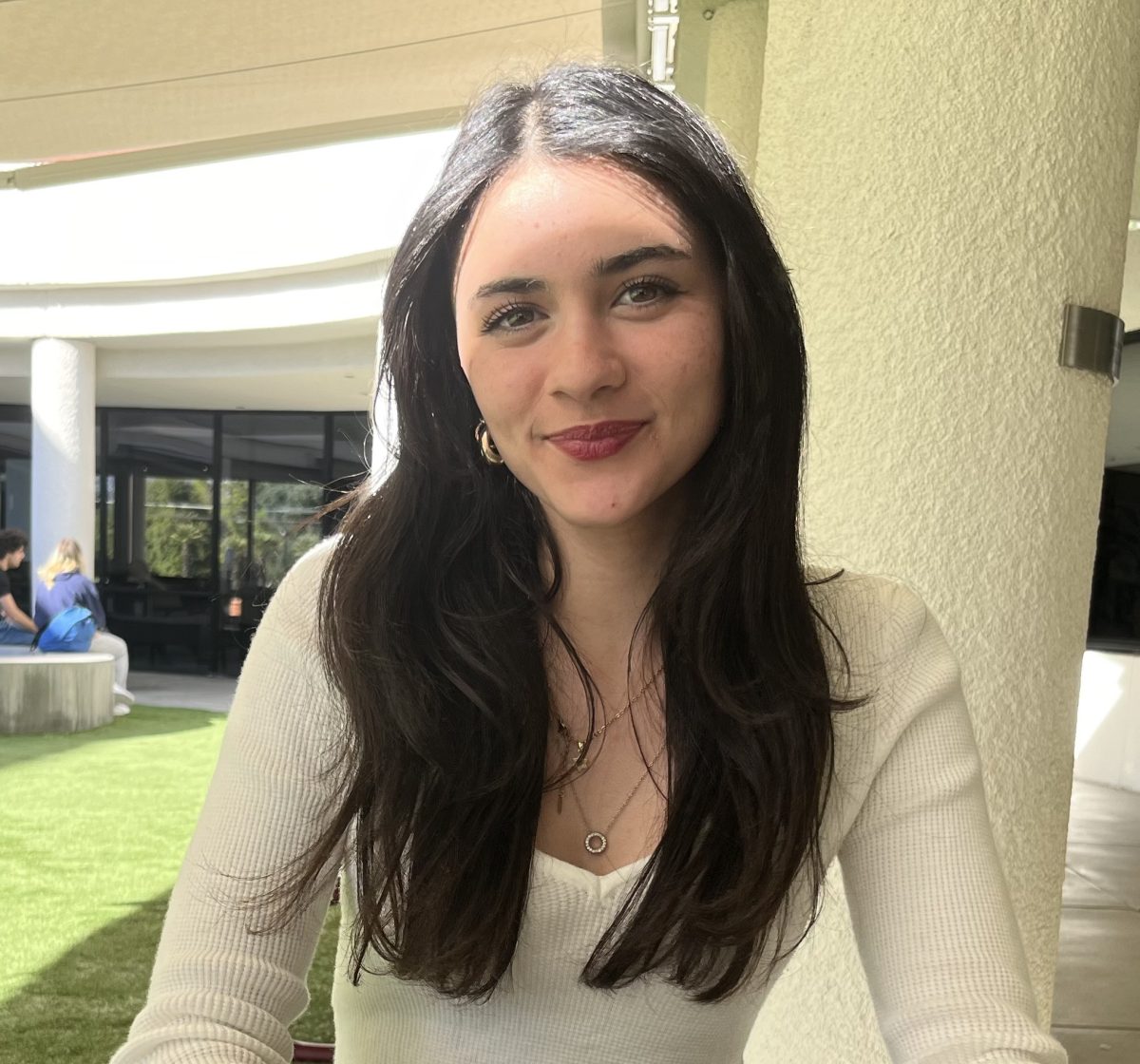
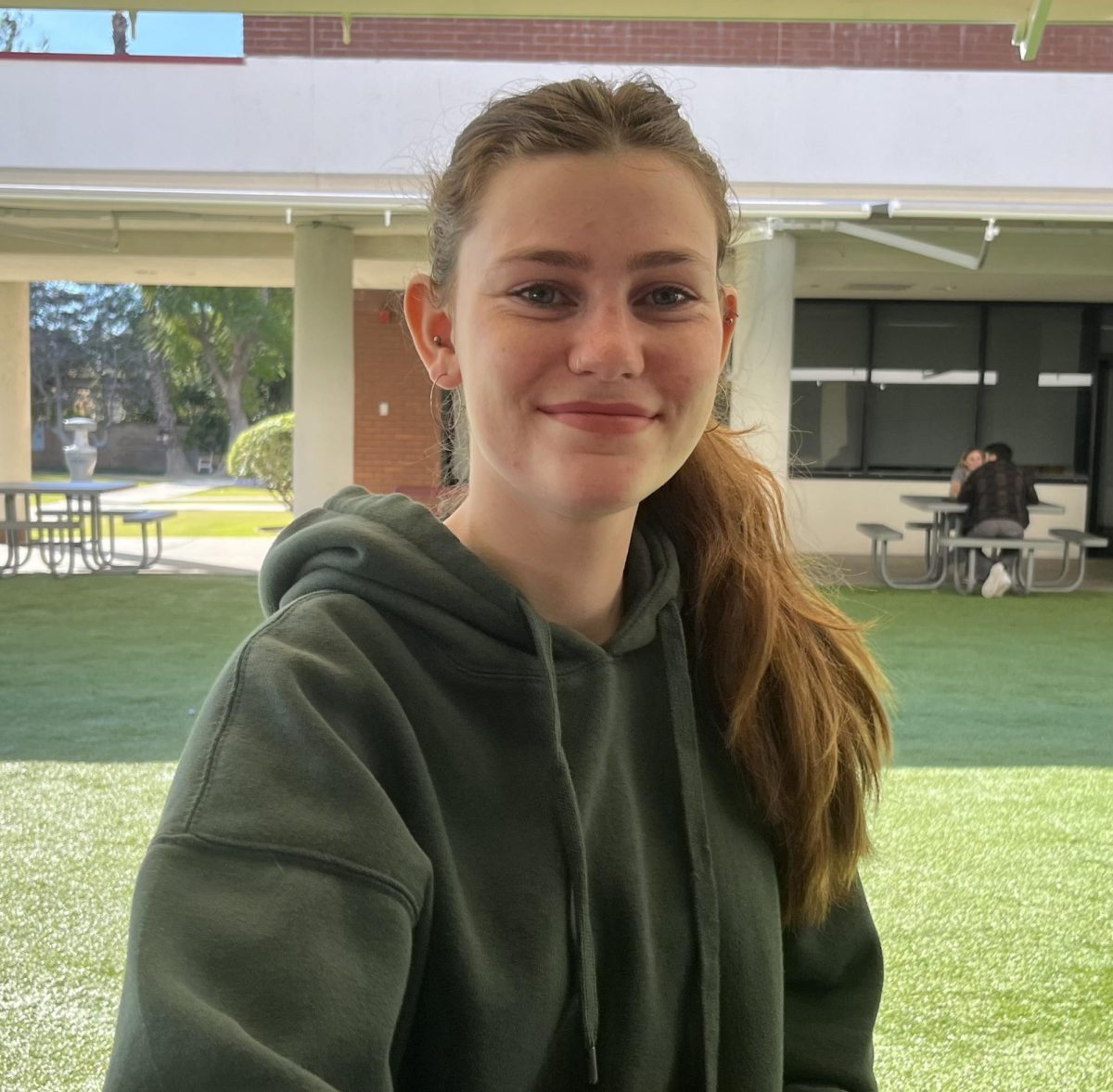
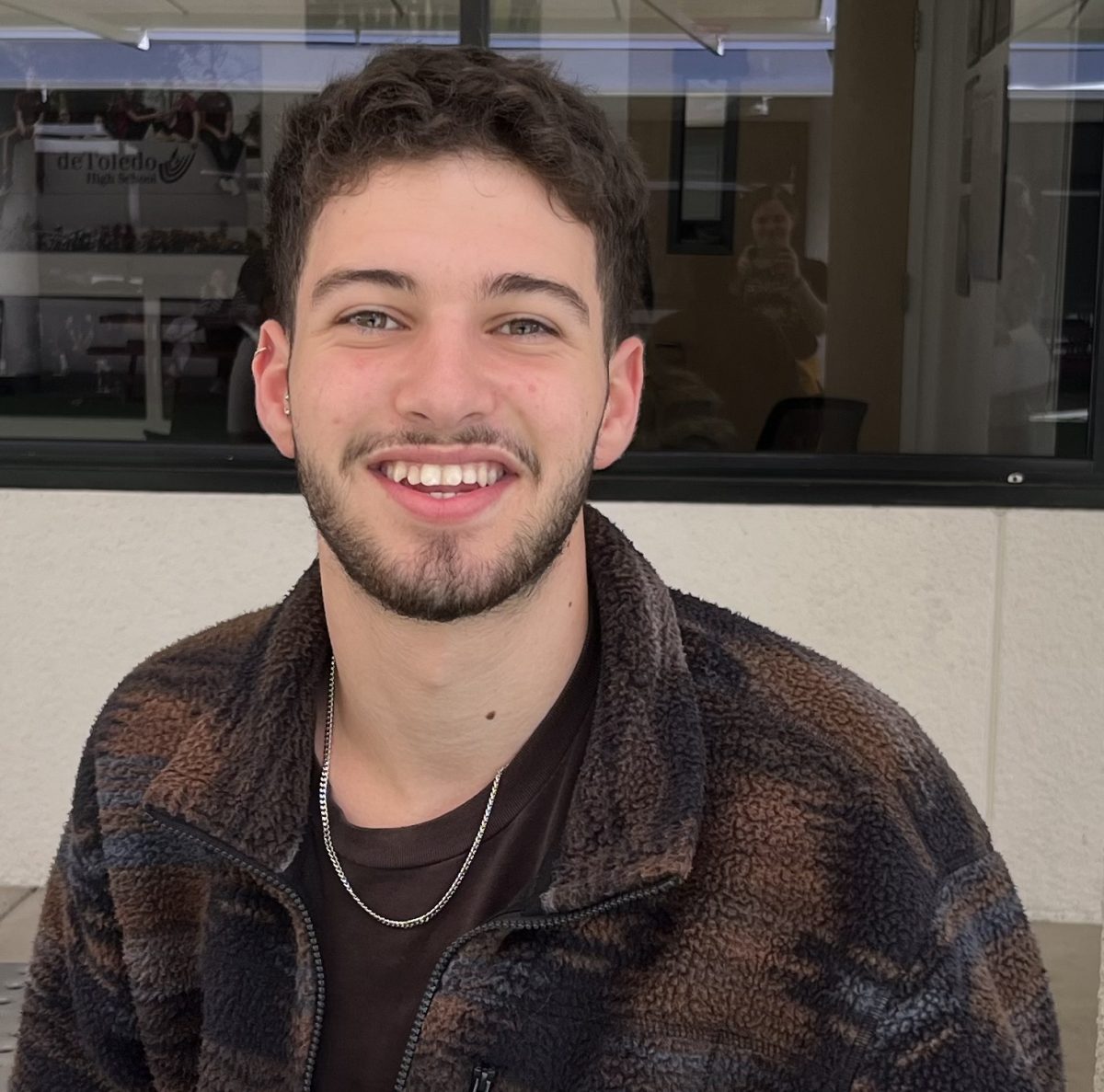
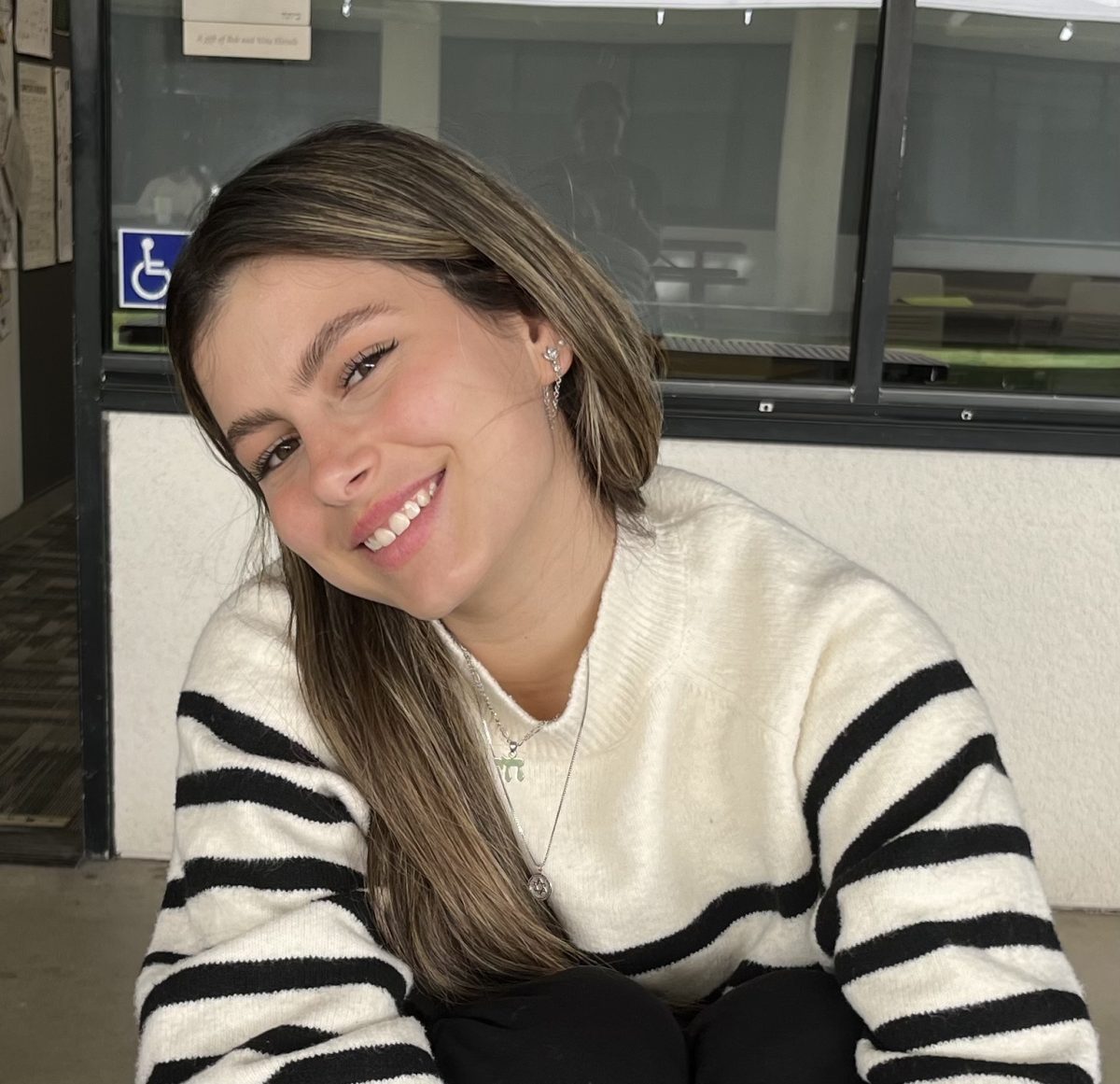
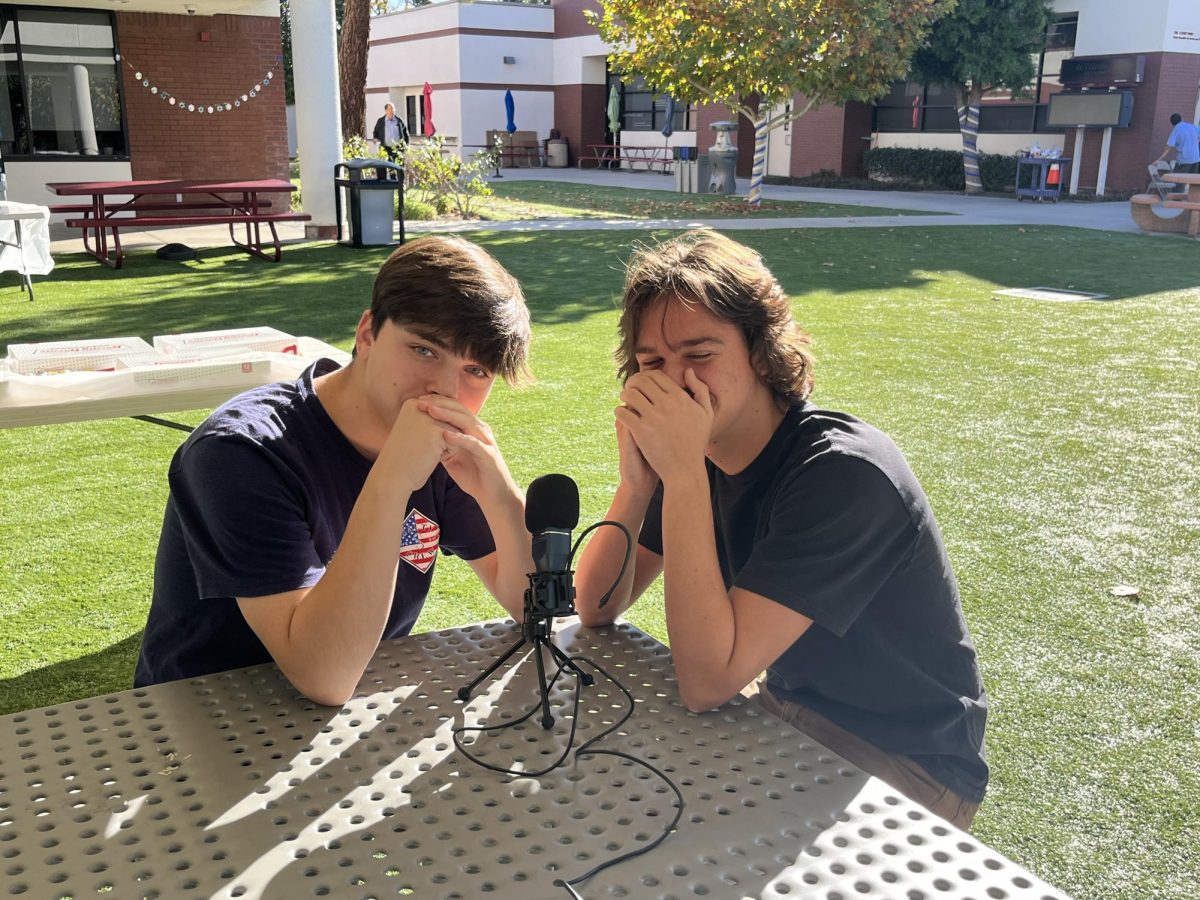
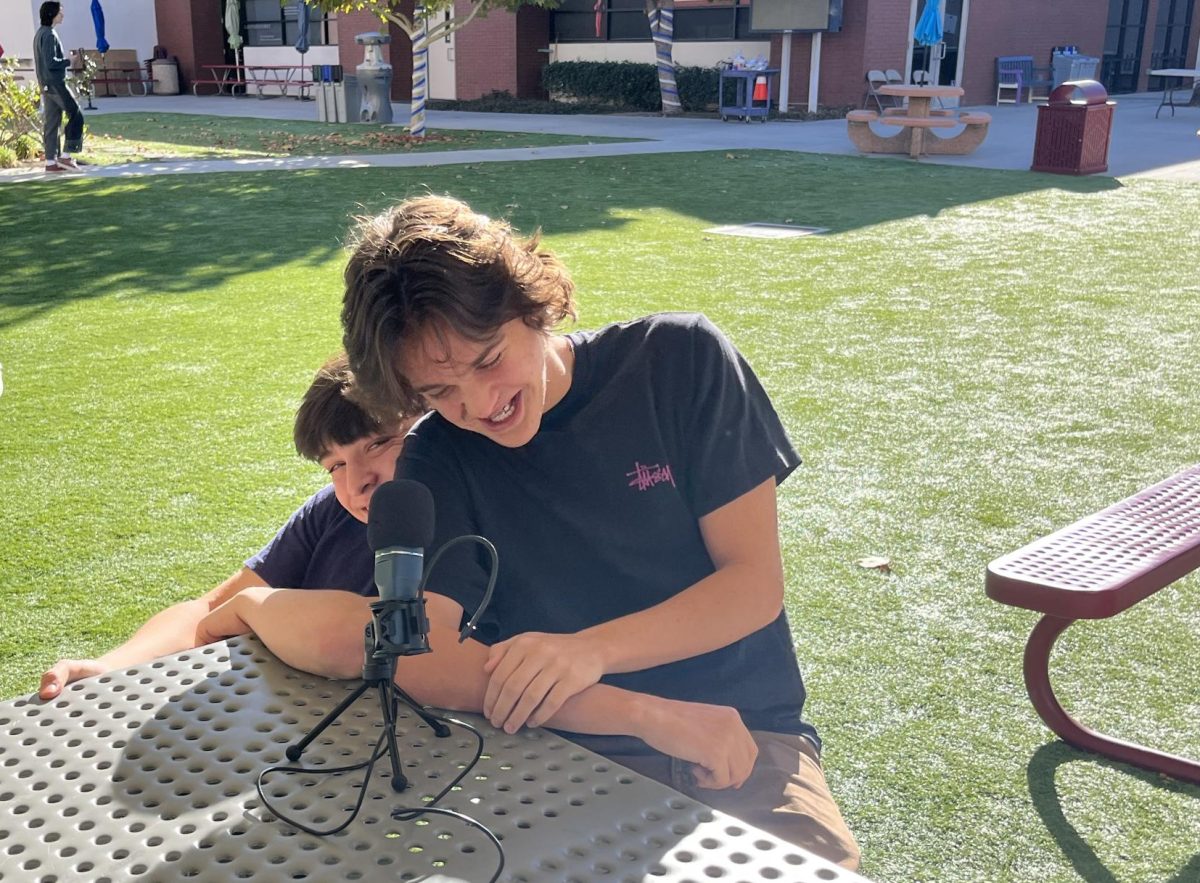
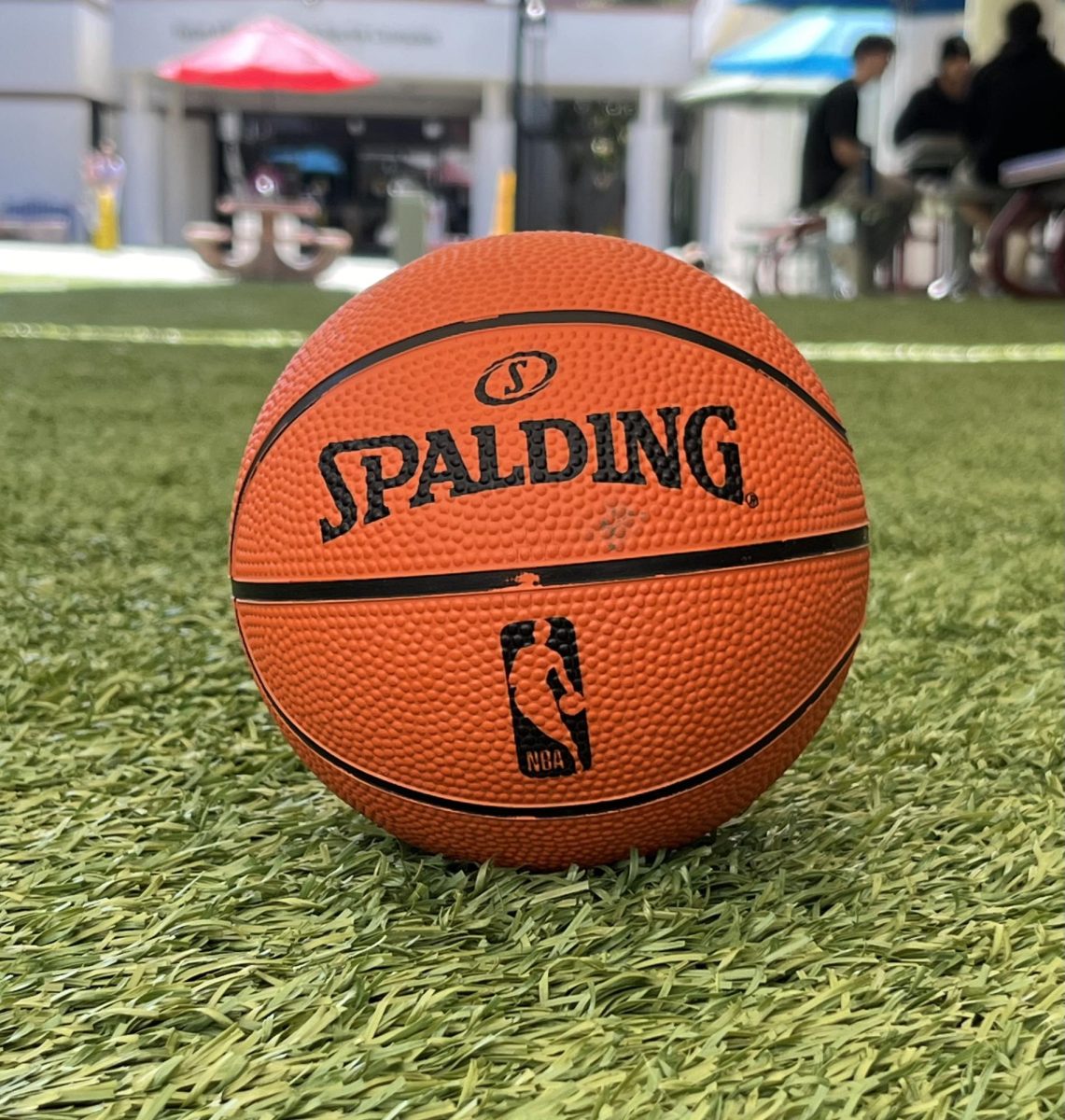
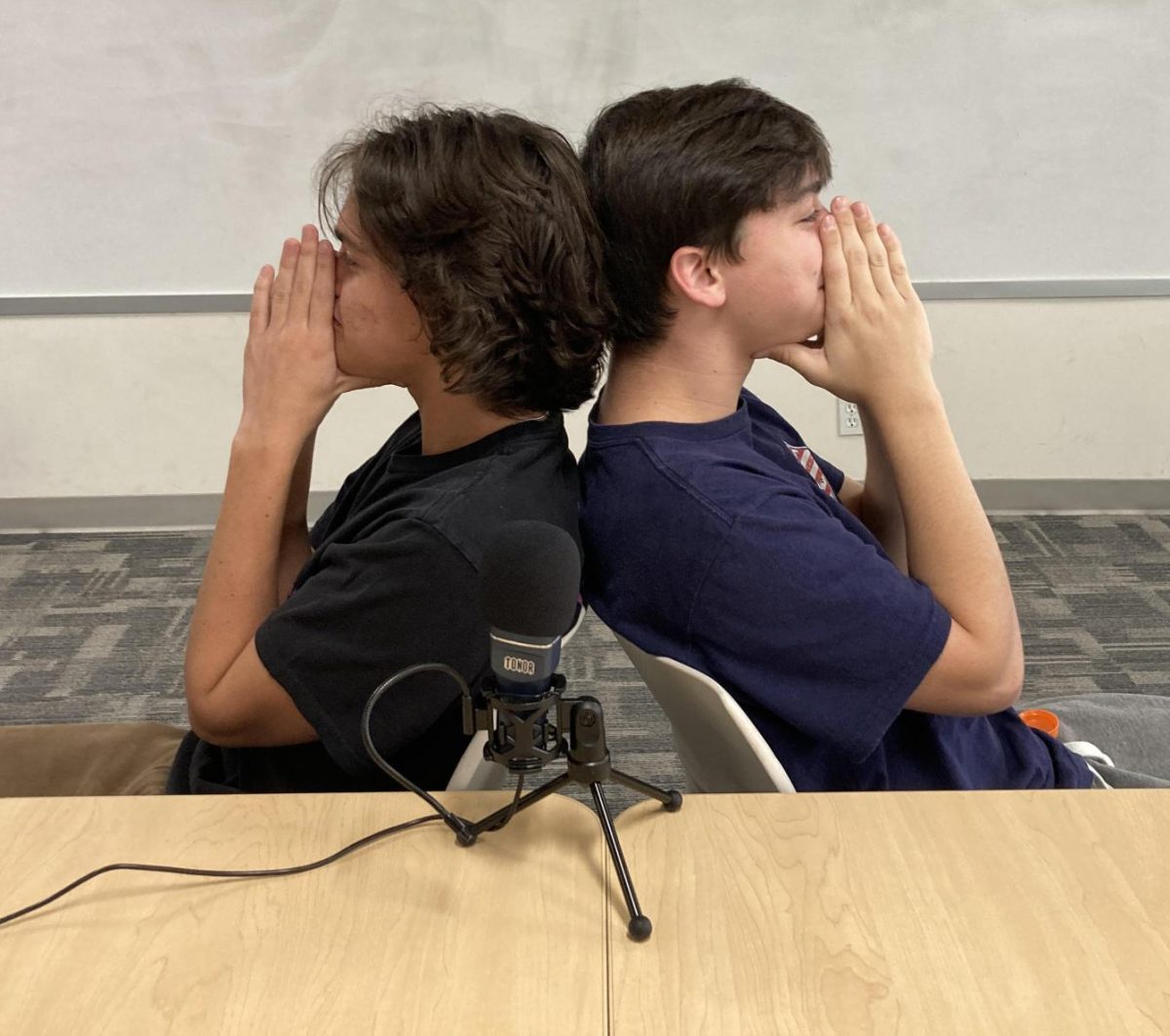
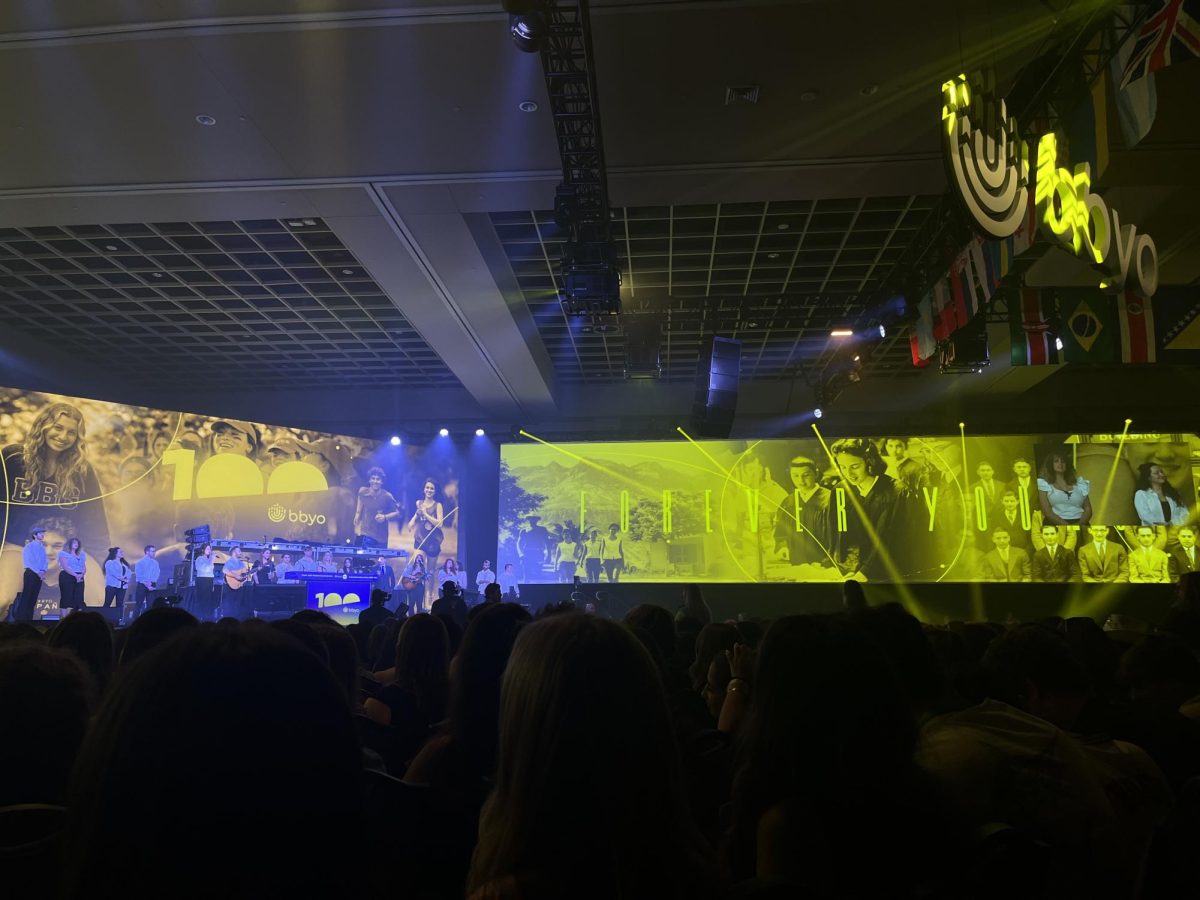
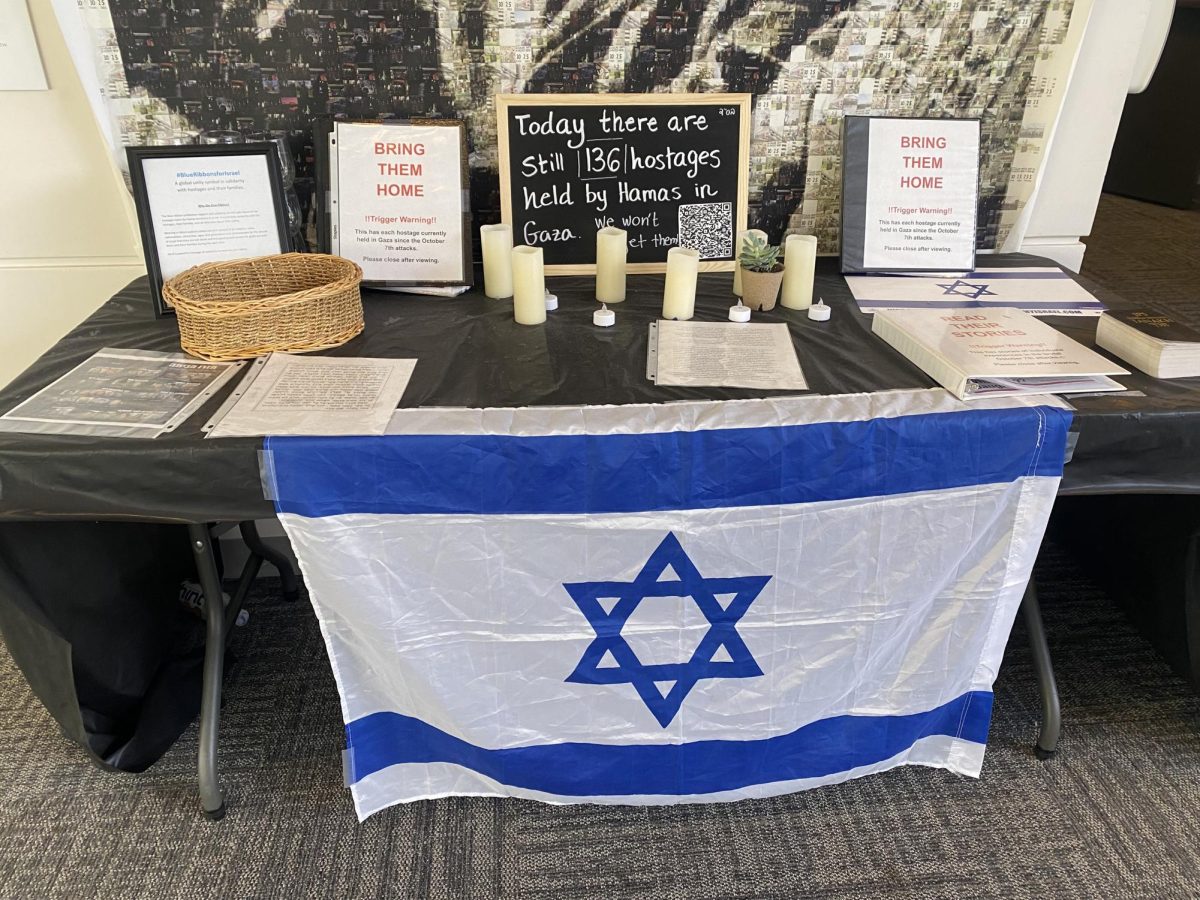
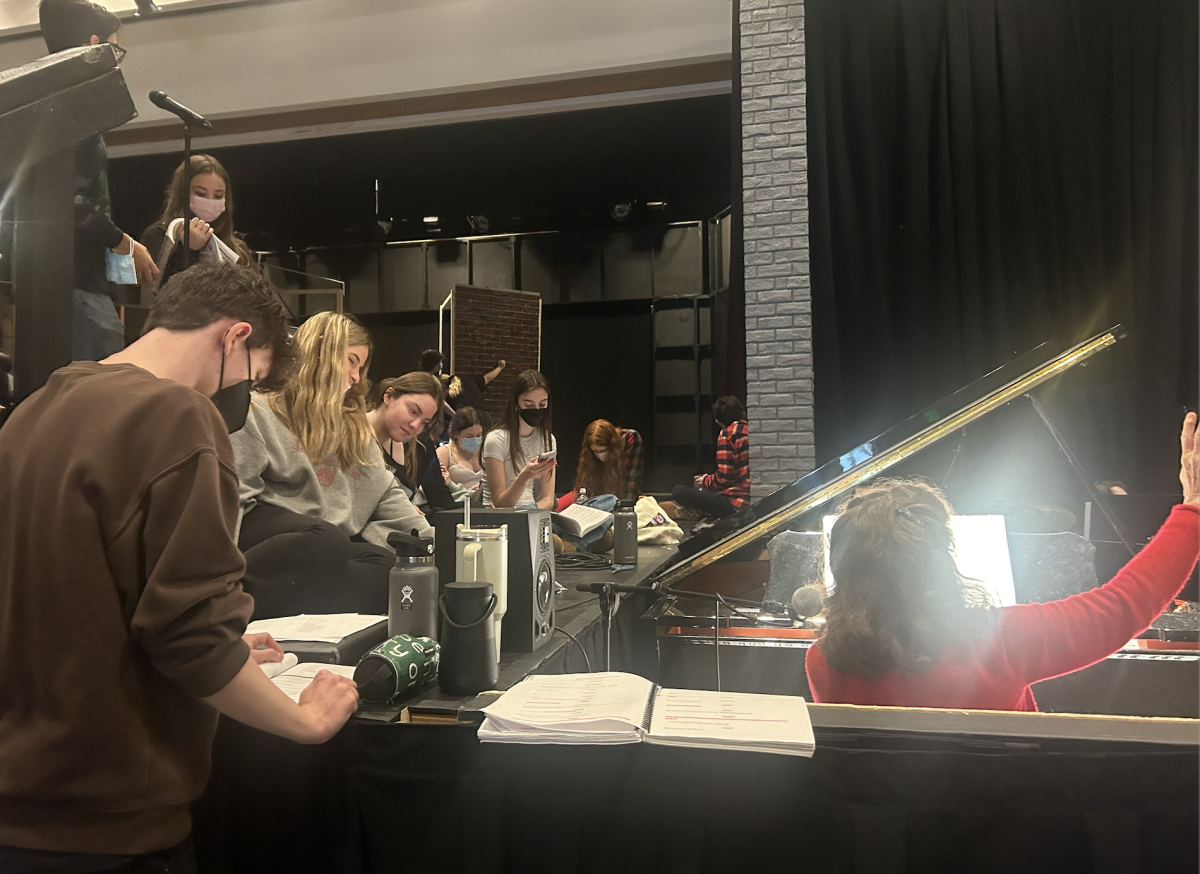
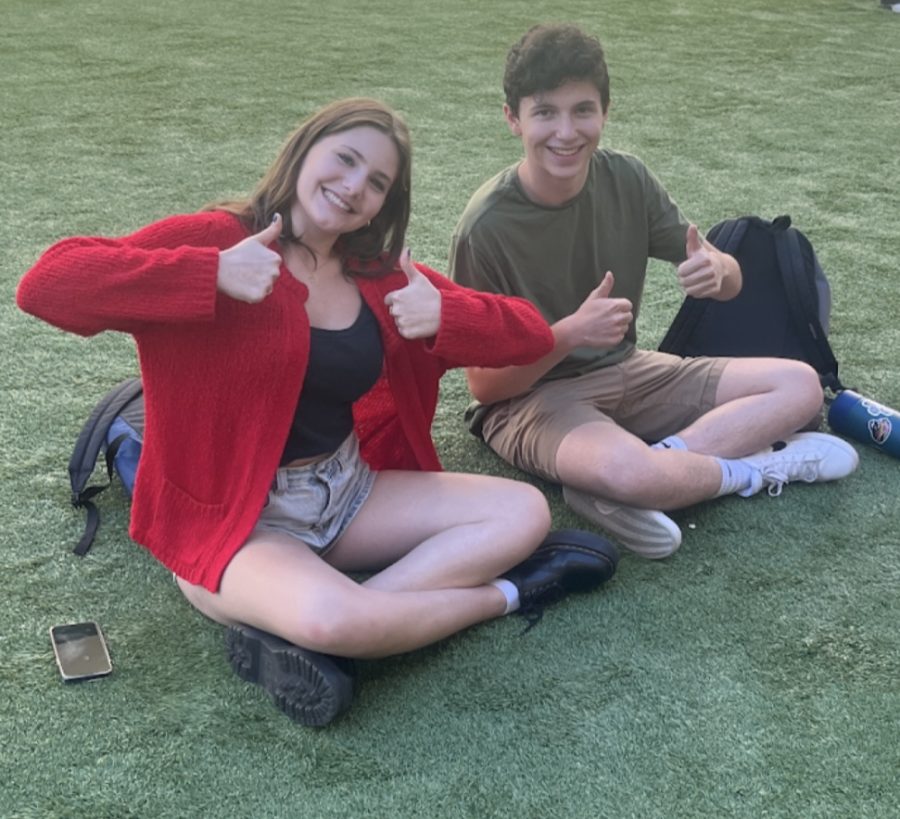
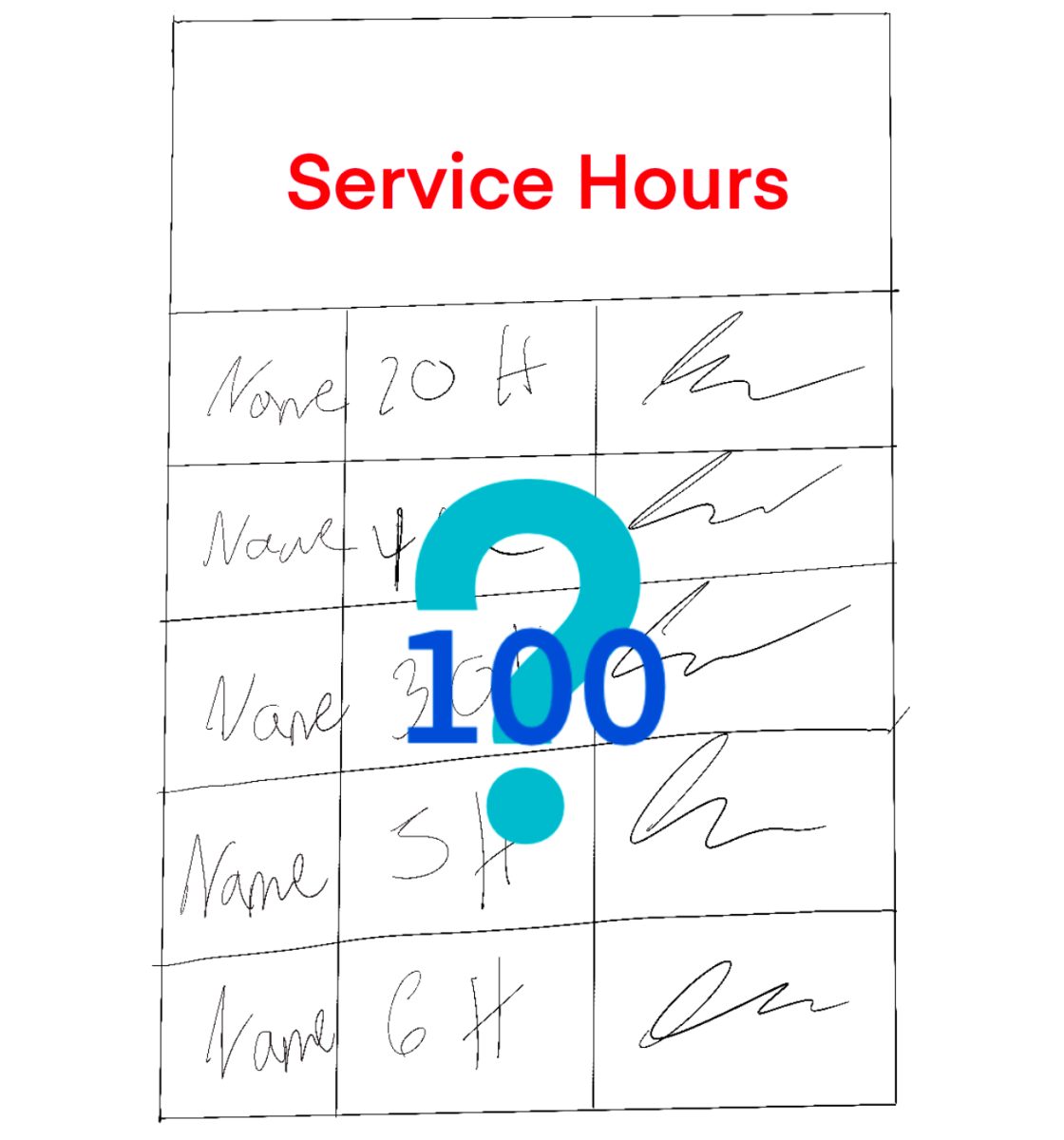
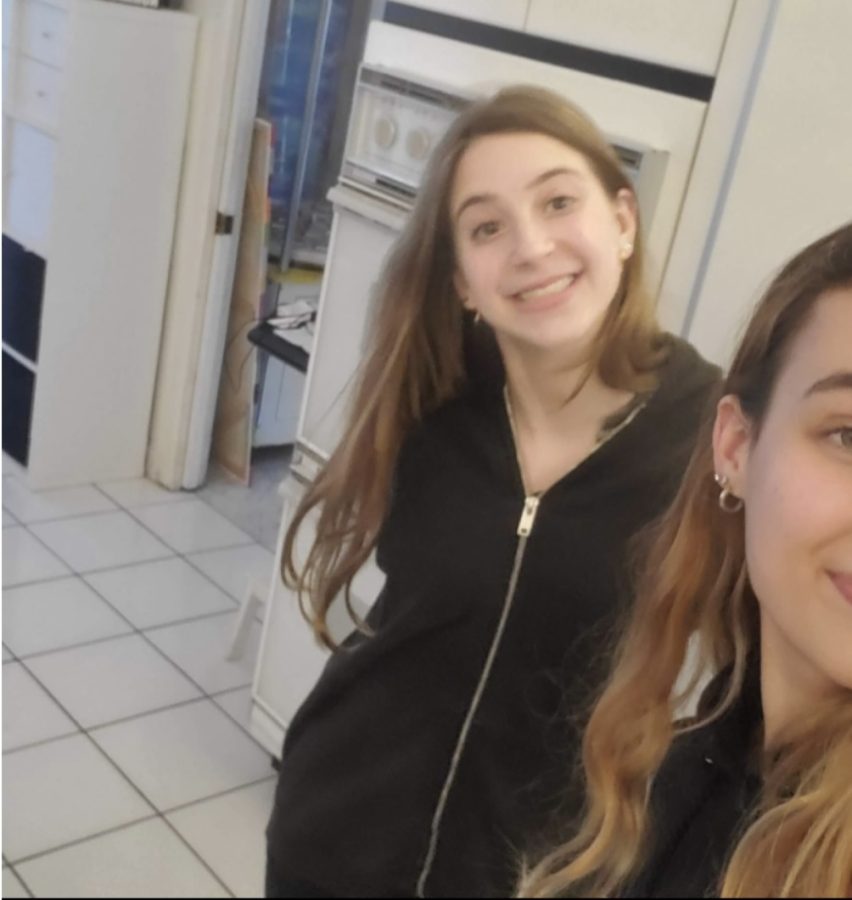
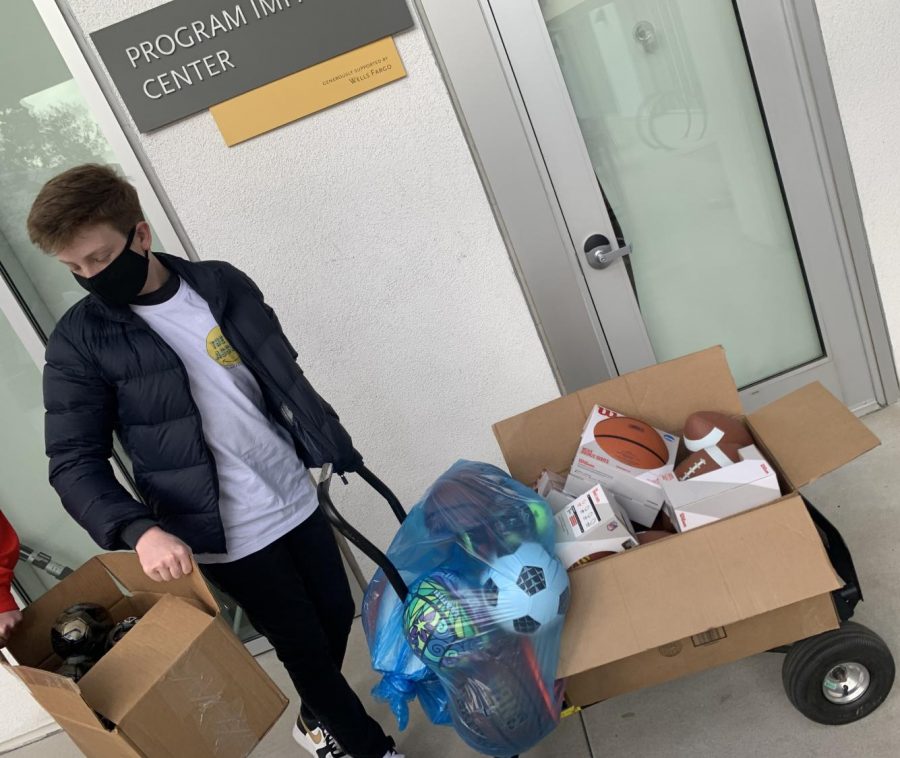
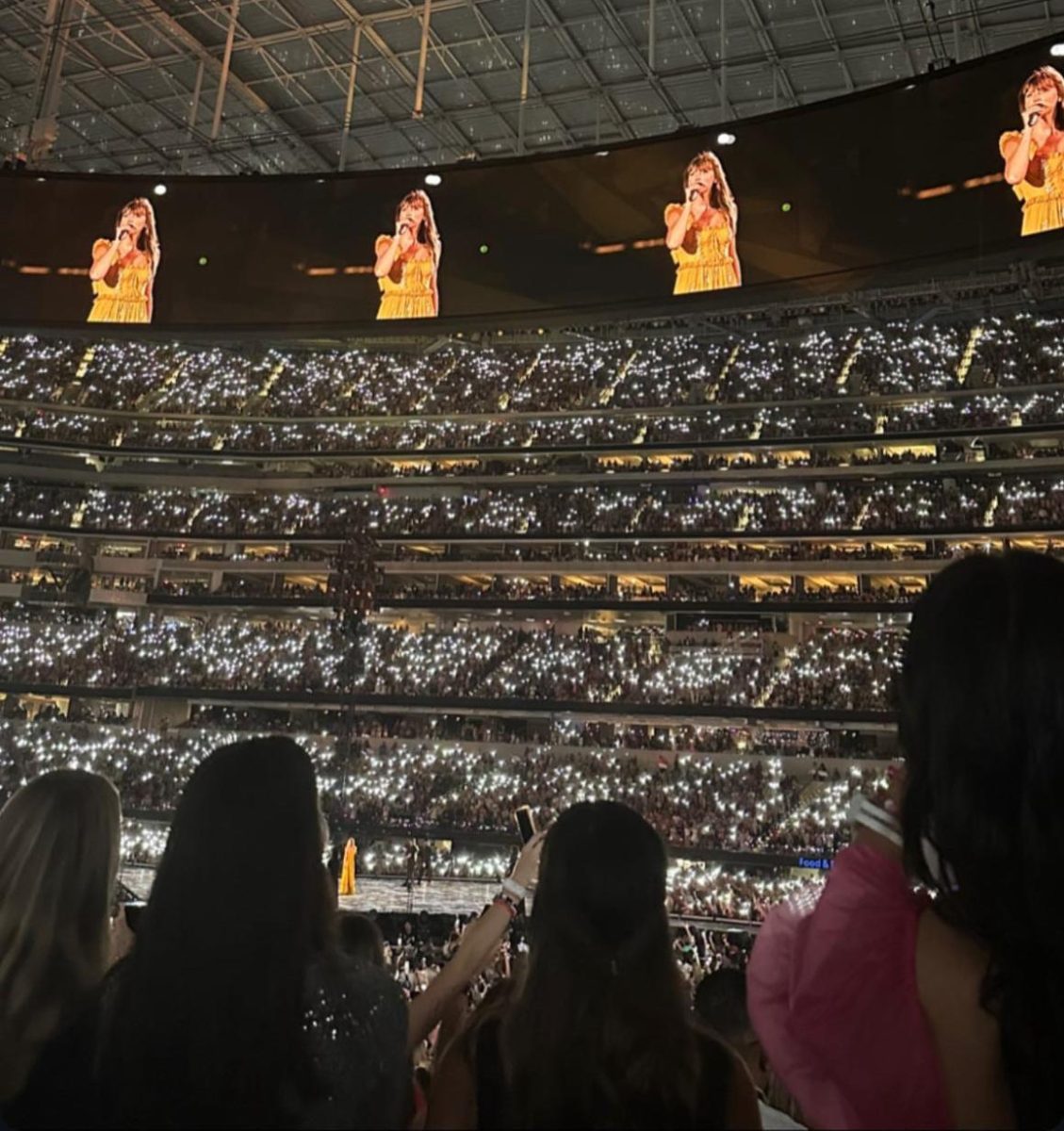
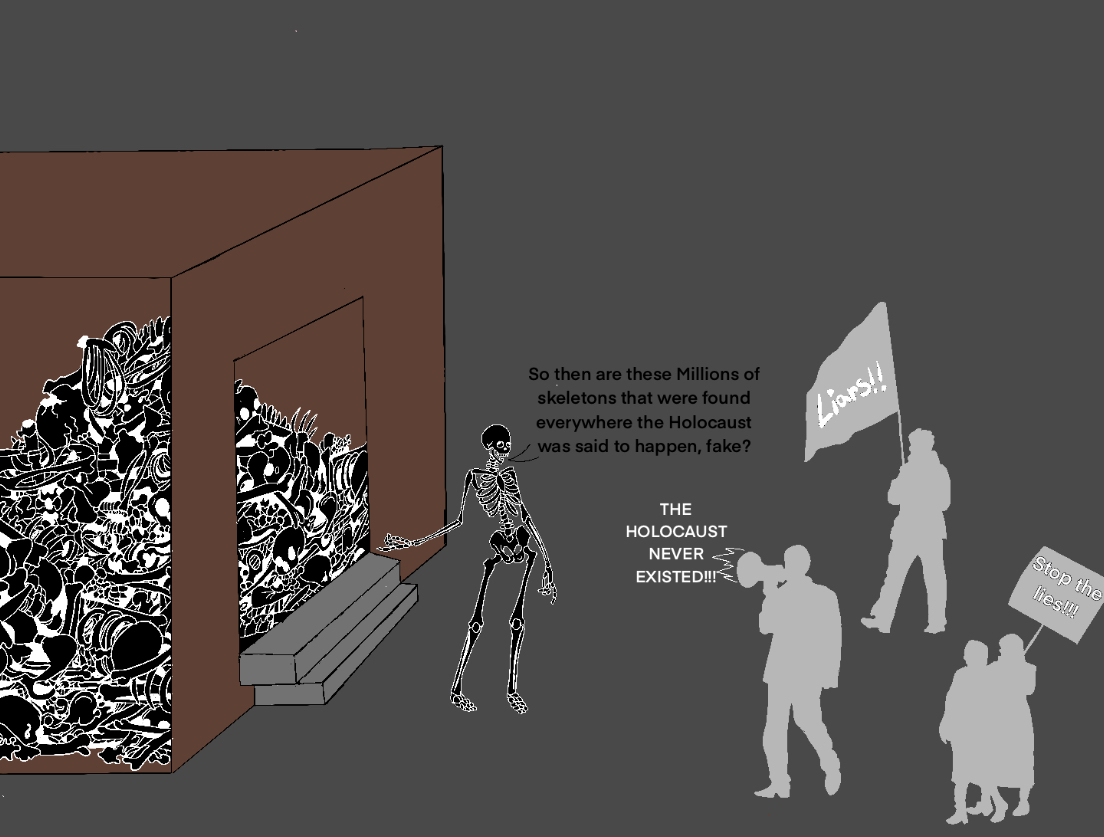
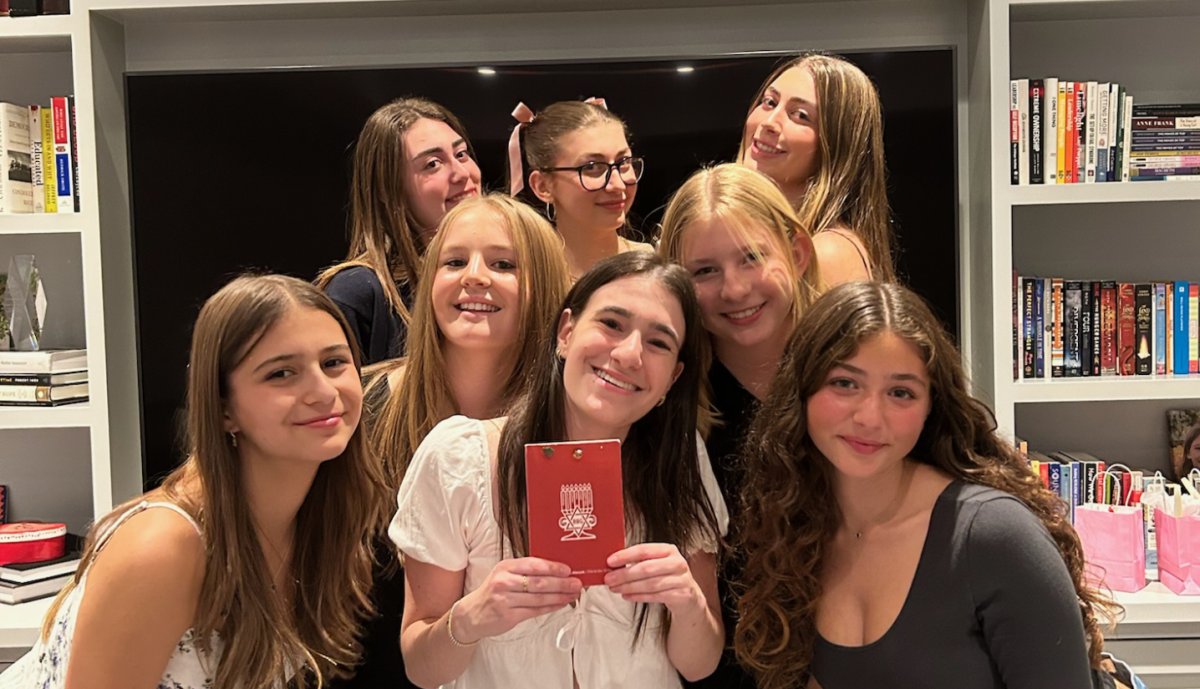
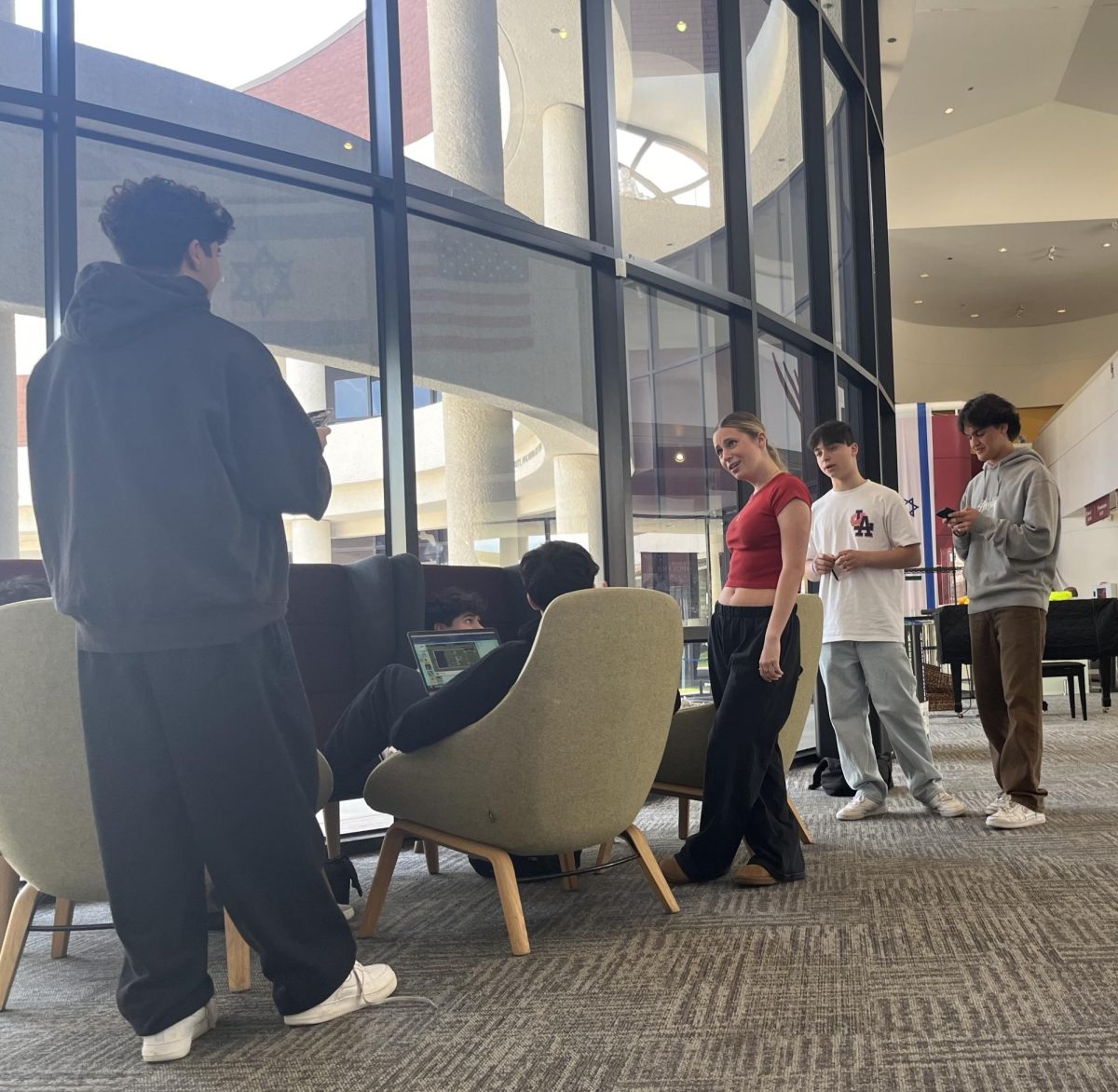
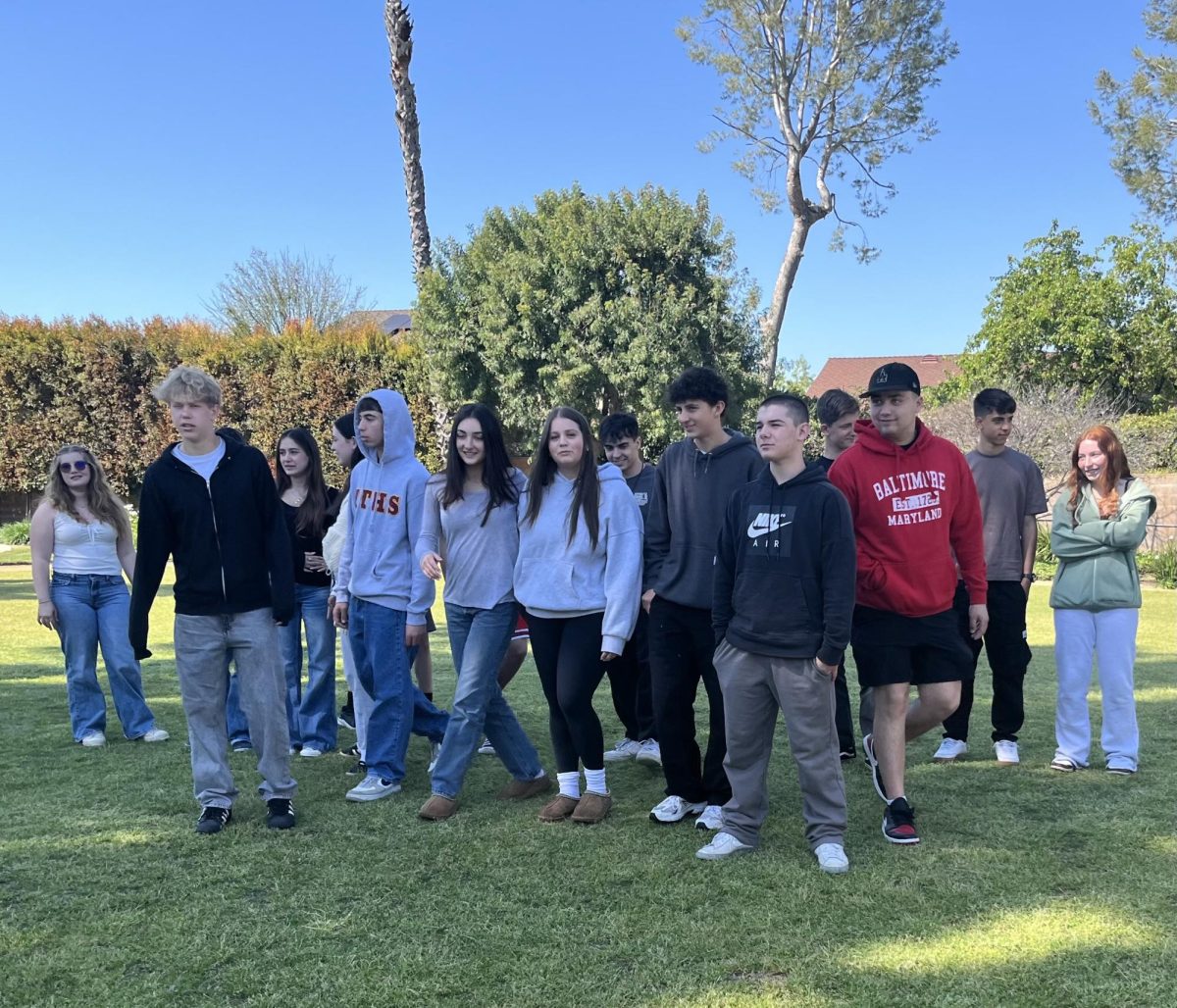
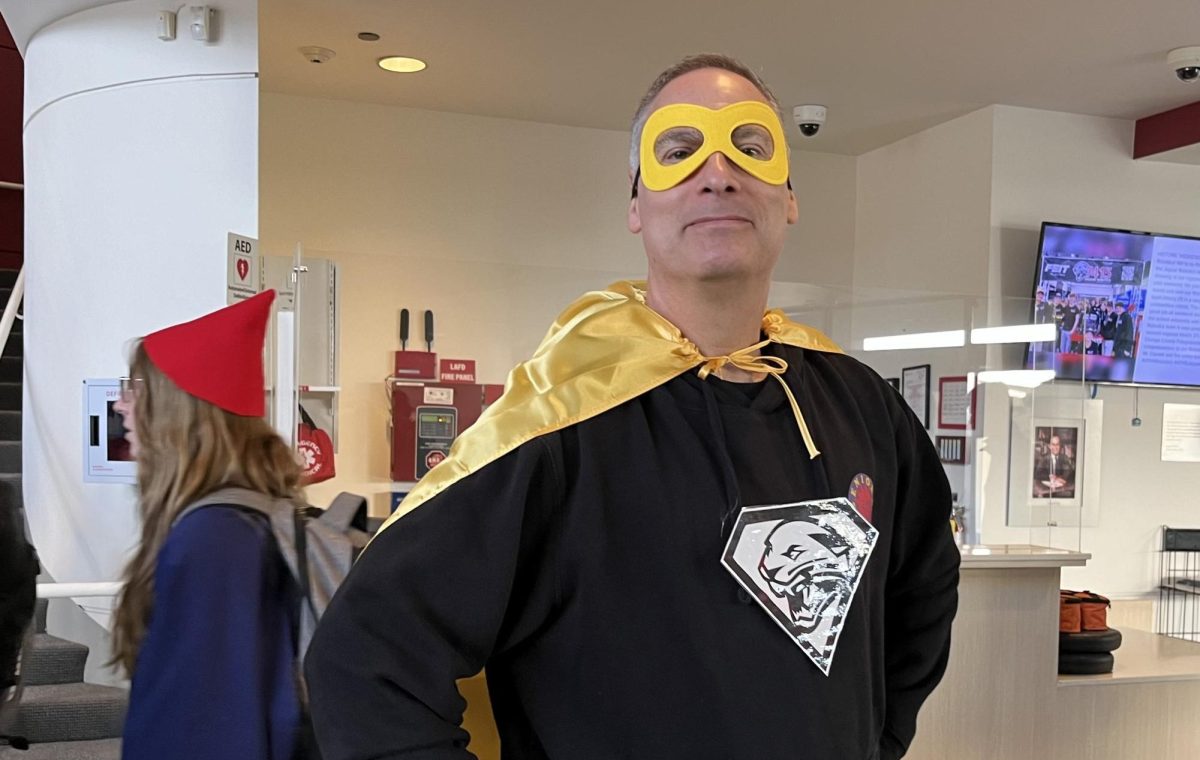
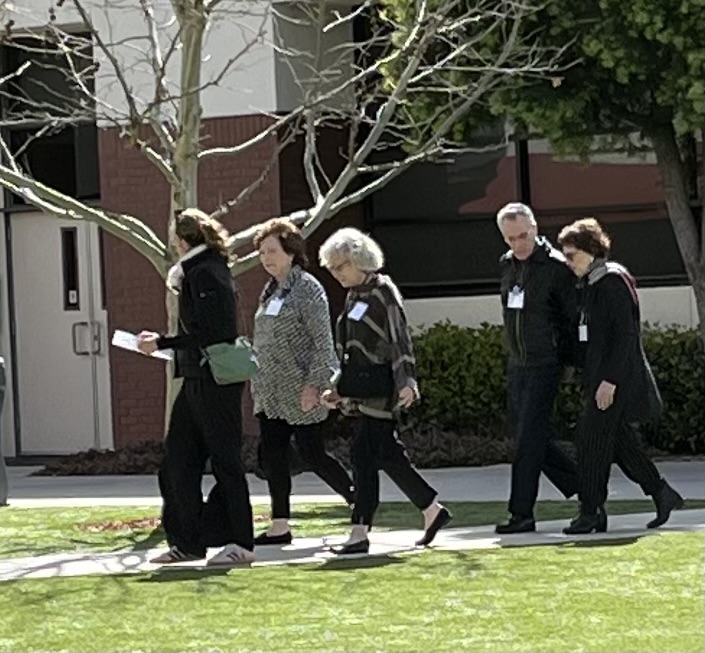
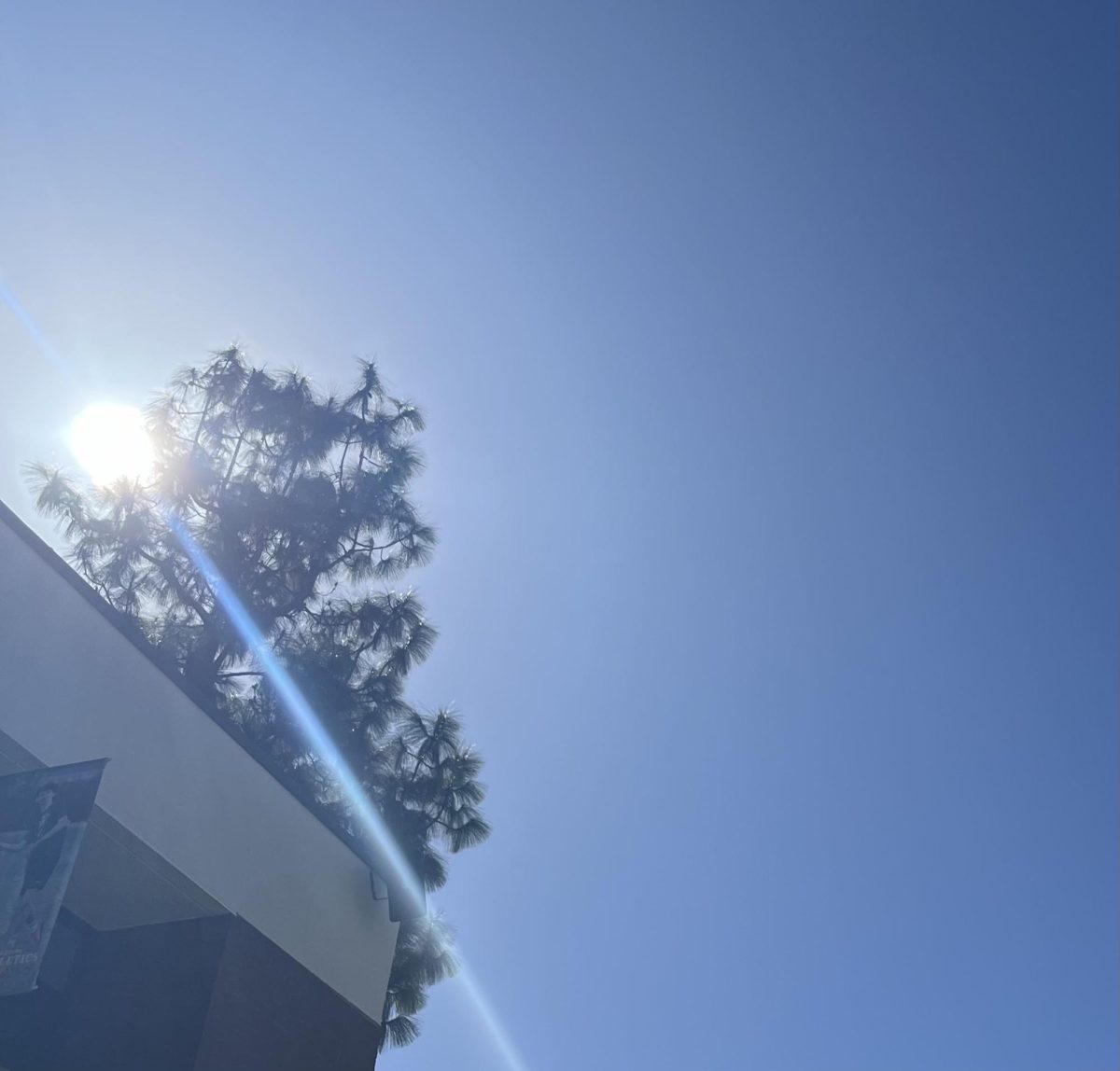
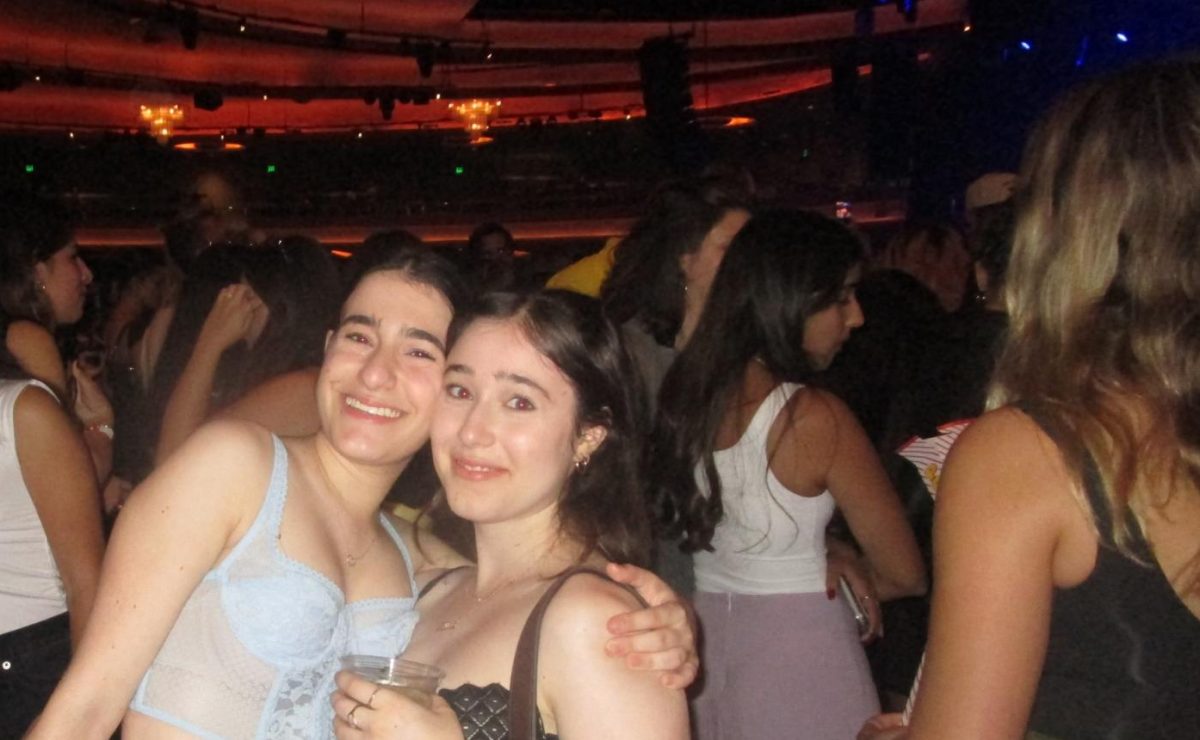
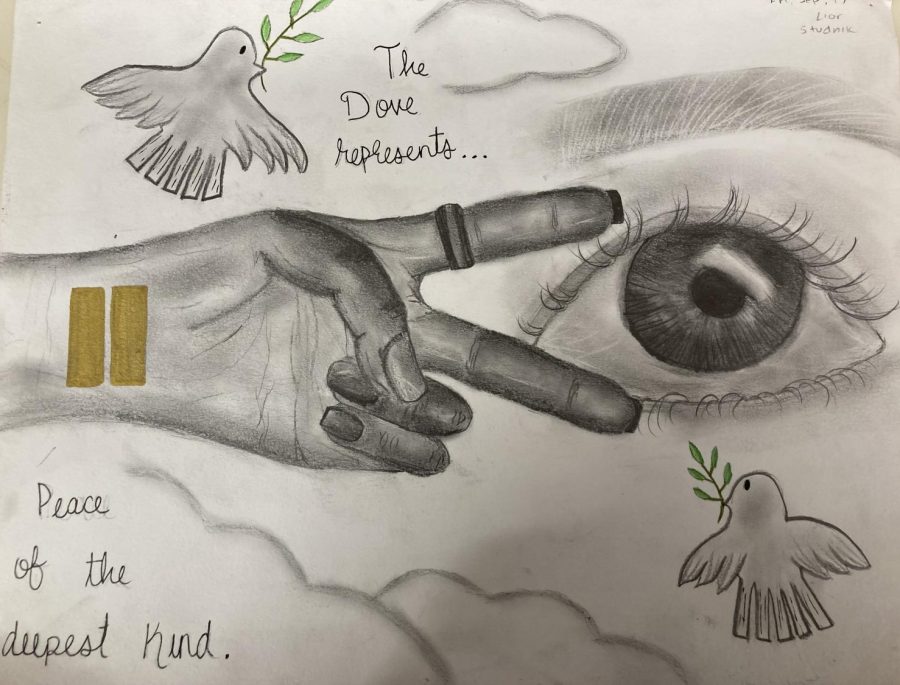
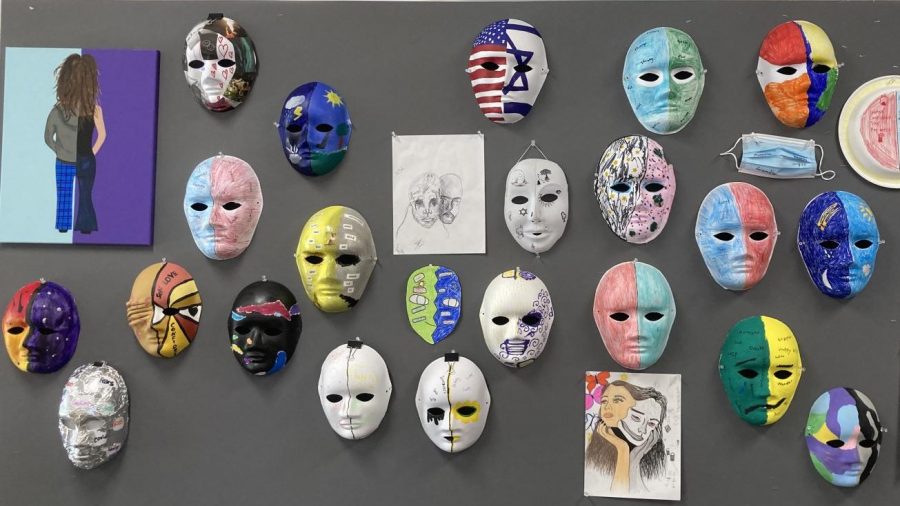
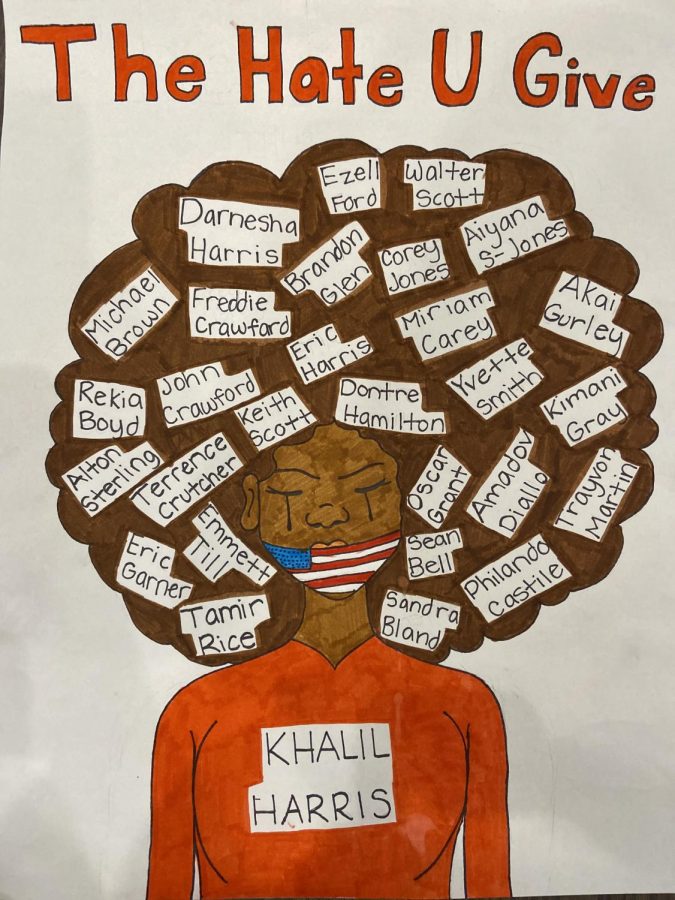
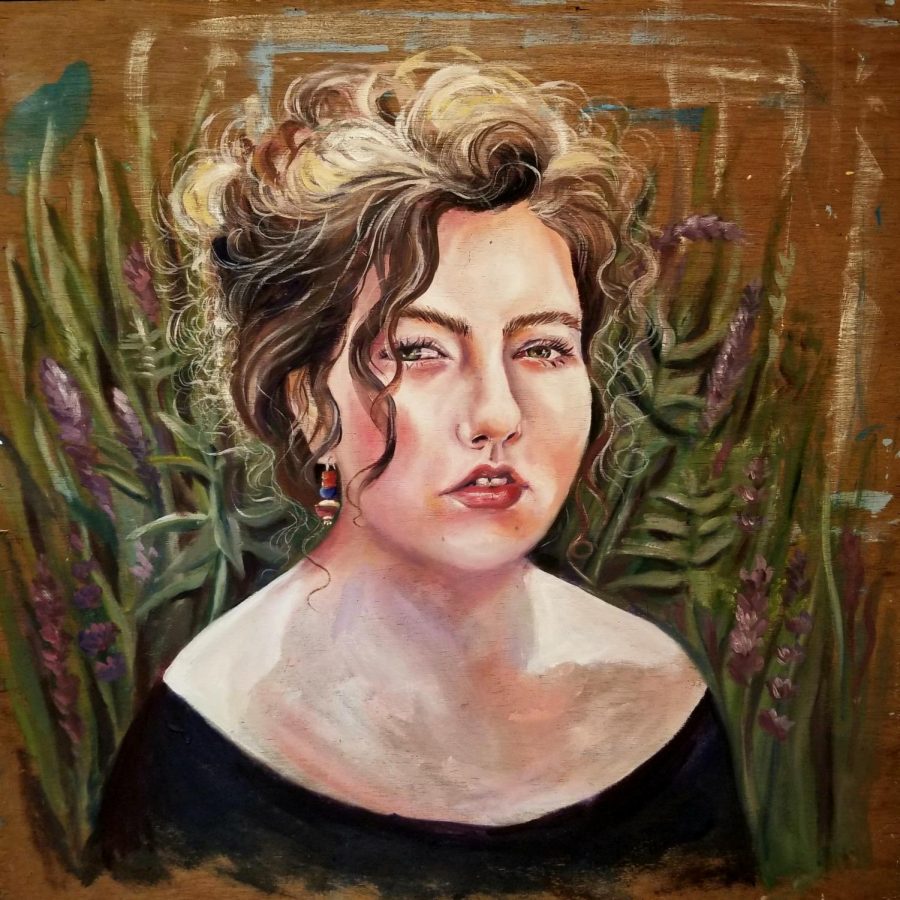



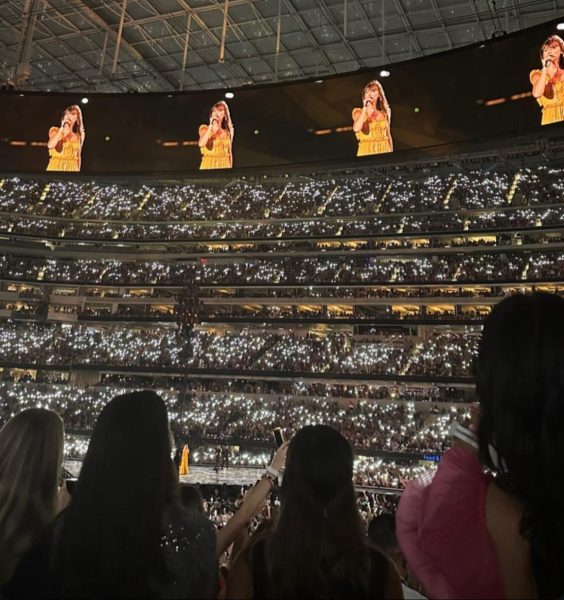
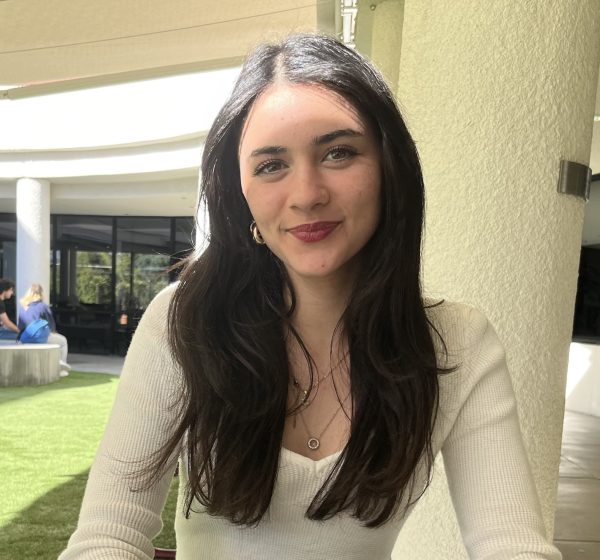
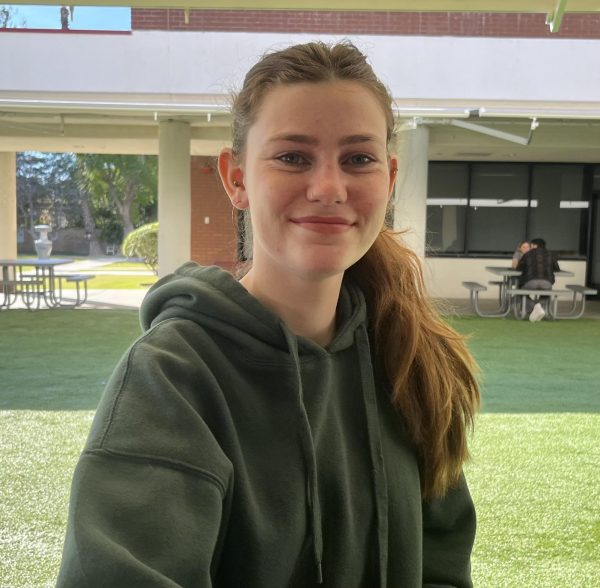
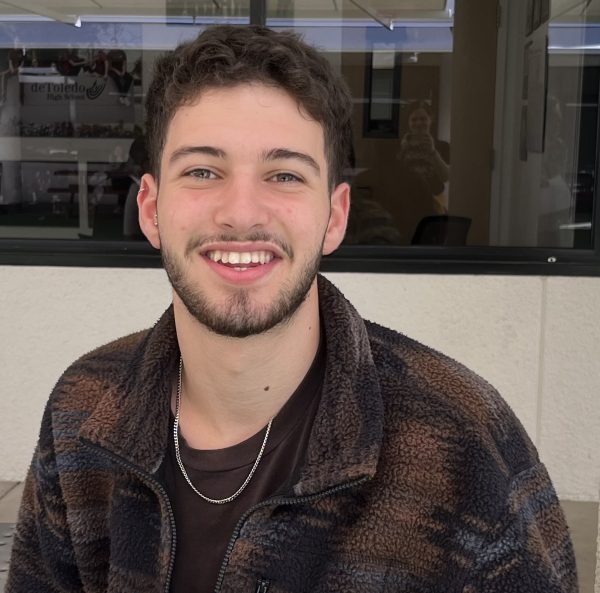
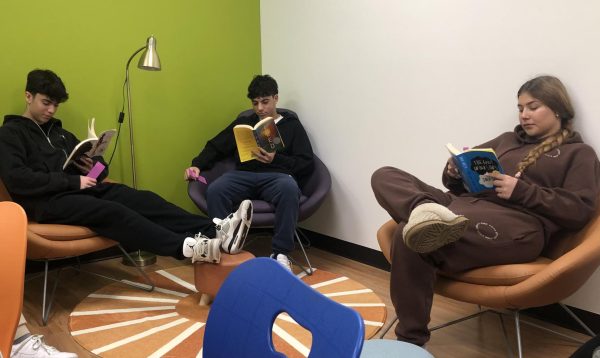
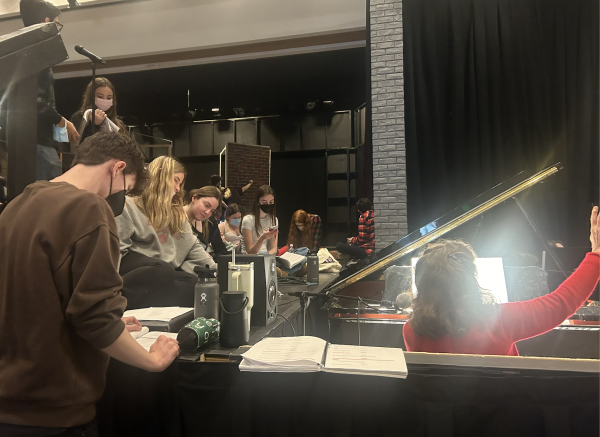

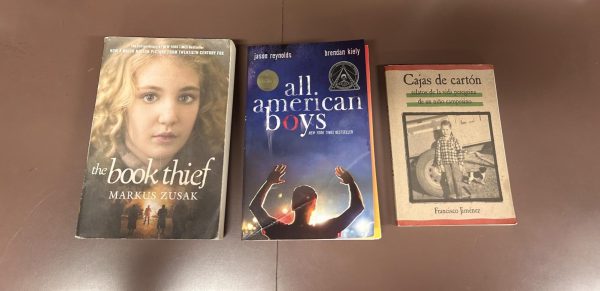
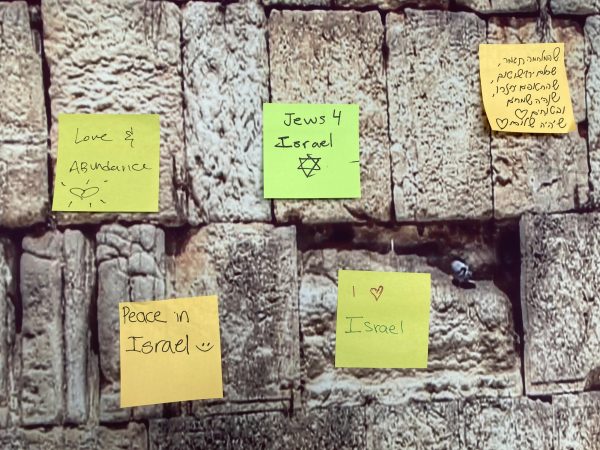
Mark Shpall • May 18, 2017 at 12:07 pm
Beautifully written. Thank you!